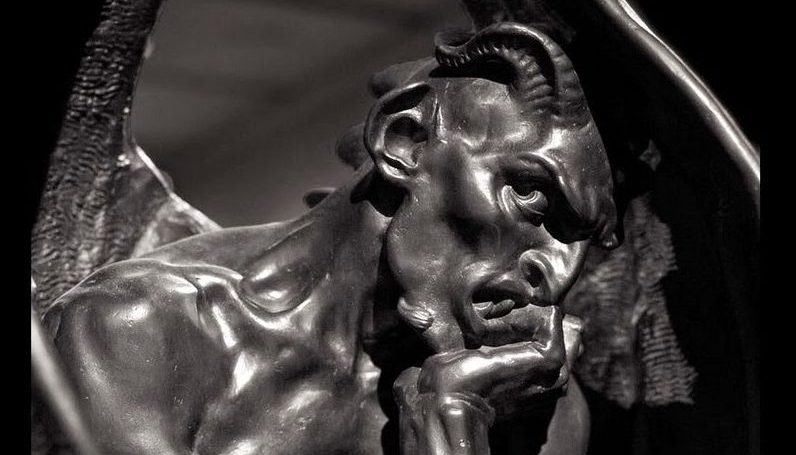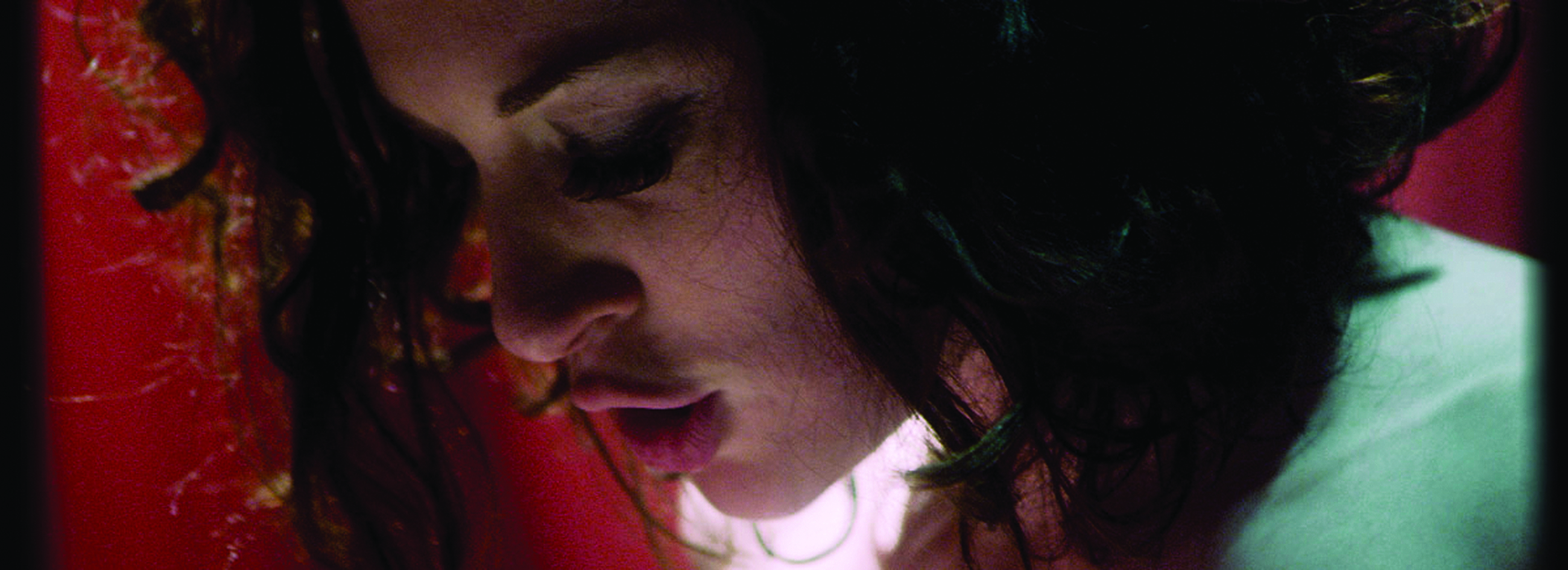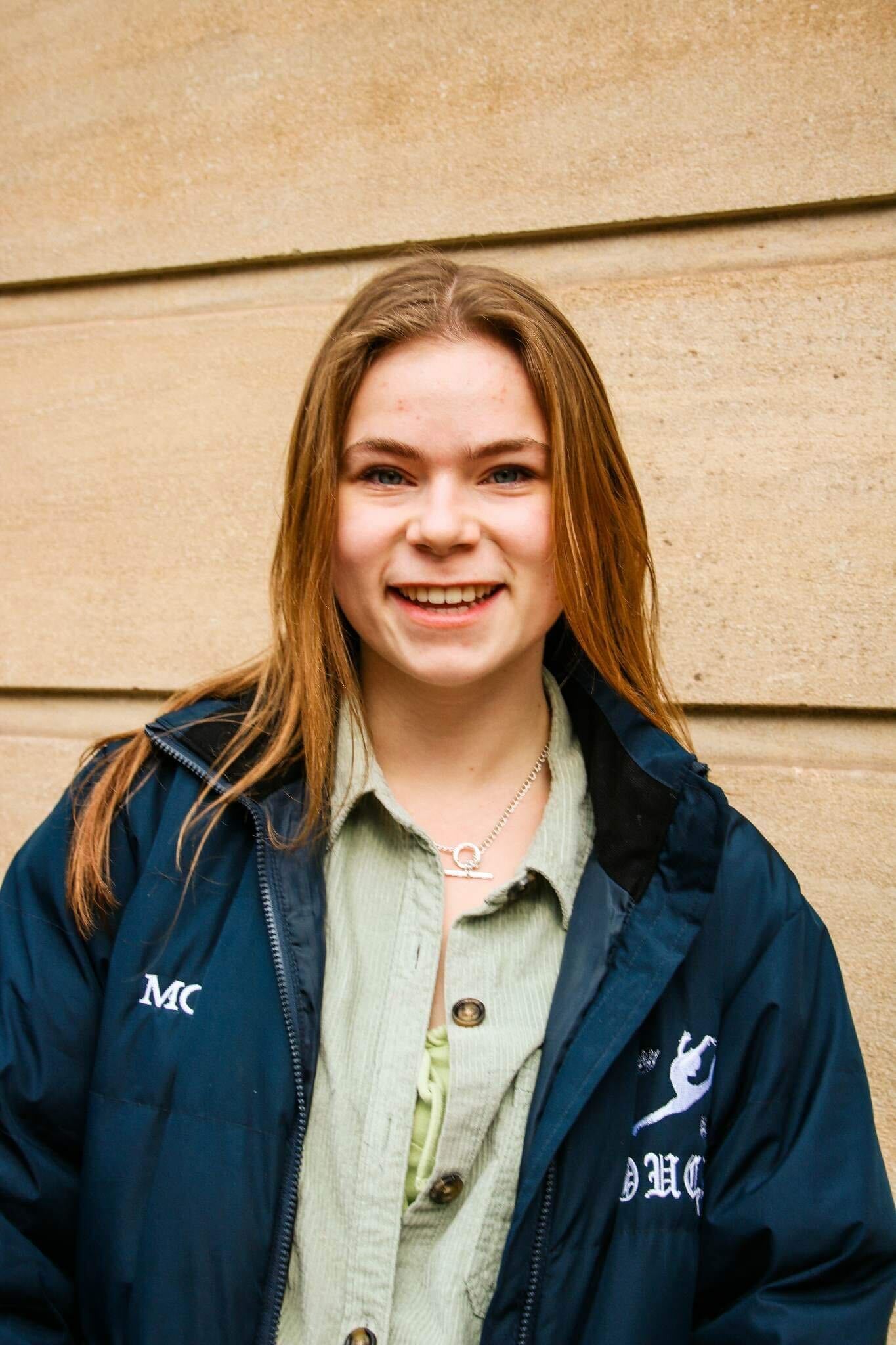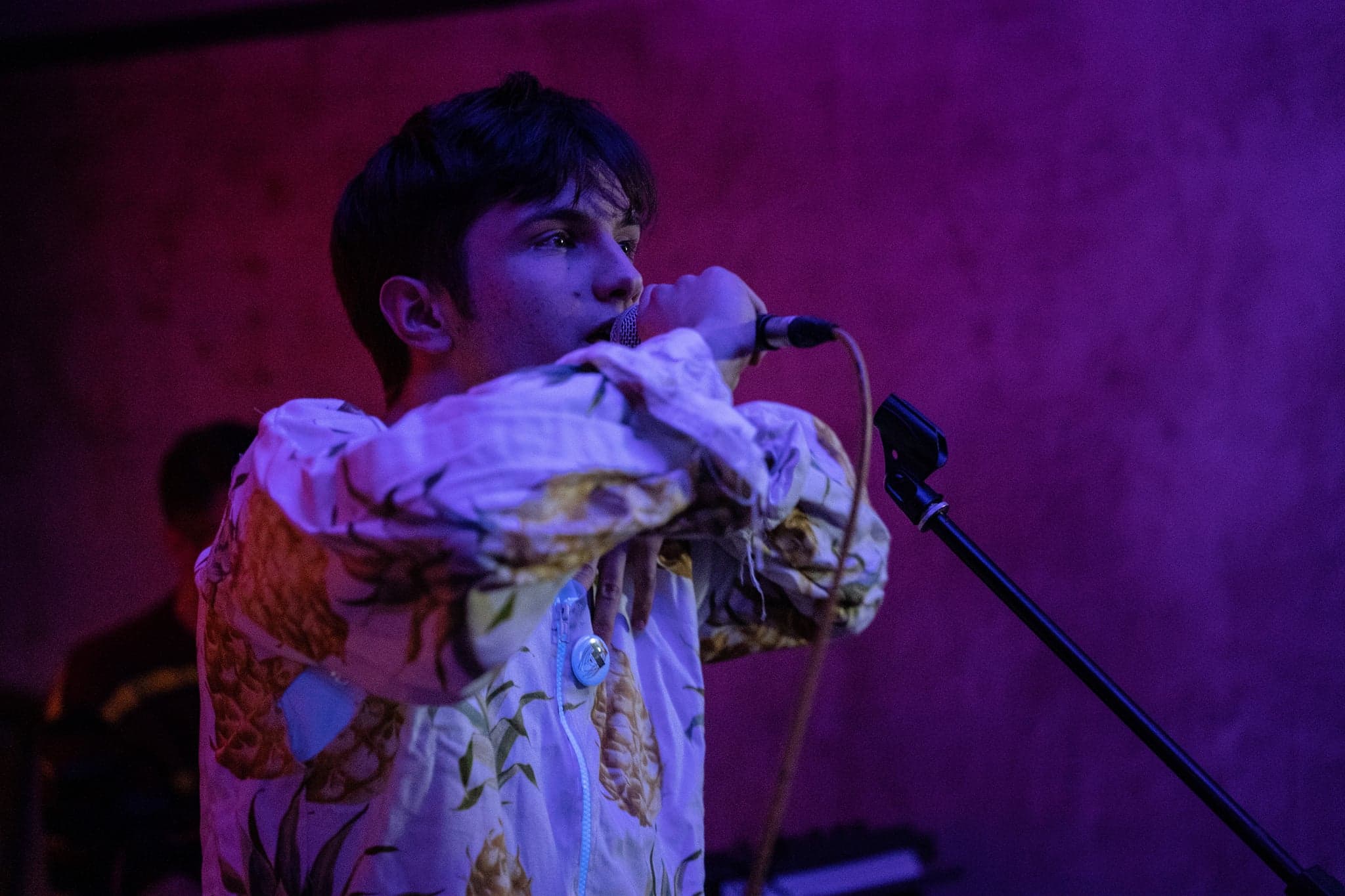
Artist of the Week: Max Blansjaar
Flora Bigham interviews Max Blansjaar, a second-year music student at Catz. He has released two EPs with the Oxford-based label ‘Beanie Tapes’, described by Clash magazine as “deadpan, lo-fi pop tunes delivered with buzzsaw accuracy”.
Hi Max! As a person and musician, how would you describe yourself?
I was born in Amsterdam, my parents are Dutch, and I moved to England when I was three. I started making music because I was apparently really homesick, so my parents put me on group music lessons to make friends. I stayed there for fourteen years. I think part of the reason why that felt very different, or very powerful, is because the kind of person I am when I make music is very different to the person that I am when I’m not. In general, I’m quite reserved and careful about things, not really a doer and more of a thinker and imaginer, so what I enjoy about making music is that you can construct a different person and play as them.
You study music at Oxford – how have you found that? What’s the relationship between your subject and writing music?
I think of them as two completely different practices. The way we study music here is from an academic and intellectual perspective. I was afraid when I came here that I wouldn’t want to study music because it would ruin the way I make music, but it’s a myth to me that if you know too much about music theory, you’ll become corrupted: they’re two completely different things, understanding and doing. Studying music is a different lens that co-exists.
When you’re writing music, what is your process? Are you thinking about chords or progressions at all?
M: I think it’s quite regular. I generally start on the guitar chordally, and then I think about melodies that I like, hooks that then happen. Lyrics are the very last thing I ever do. I’ve really gotten into I IV V [chord progression] recently. I didn’t have an emo phase, but my equivalent was wanting to write really complicated chords.
Is it almost subconscious? Focusing on movement and playing, rather than thinking?
Playing and then thinking, or allowing yourself to play without thinking and then thinking later. Especially because you can get bogged down when you’re writing songs, preoccupied with ideas of what kind of song it’s going to be.
Is allowing yourself to exist in the moment an important part of the process of writing music?
M: I think it’s a combination of things. I was reading Nick Cave’s blog and someone asked him how he got inspired. He replied that he doesn’t believe in that, he sits down and writes every day, no matter what. [Writing music] is about finding how you’re existing at that point. If you feel like there’s nothing to say about yourself, talk about something else, it doesn’t have to be about inner consciousness; it can be about constructing something and playing with it.
Do you enjoy creating stories with each song, or is it more a persona that is different from yourself but with no specific storyline?
I think I like moods rather than stories. I don’t really see songs in terms of narrative but more as trying to capture a moment. I really like songs that have a story to them, but I prefer more of a static moment in time.
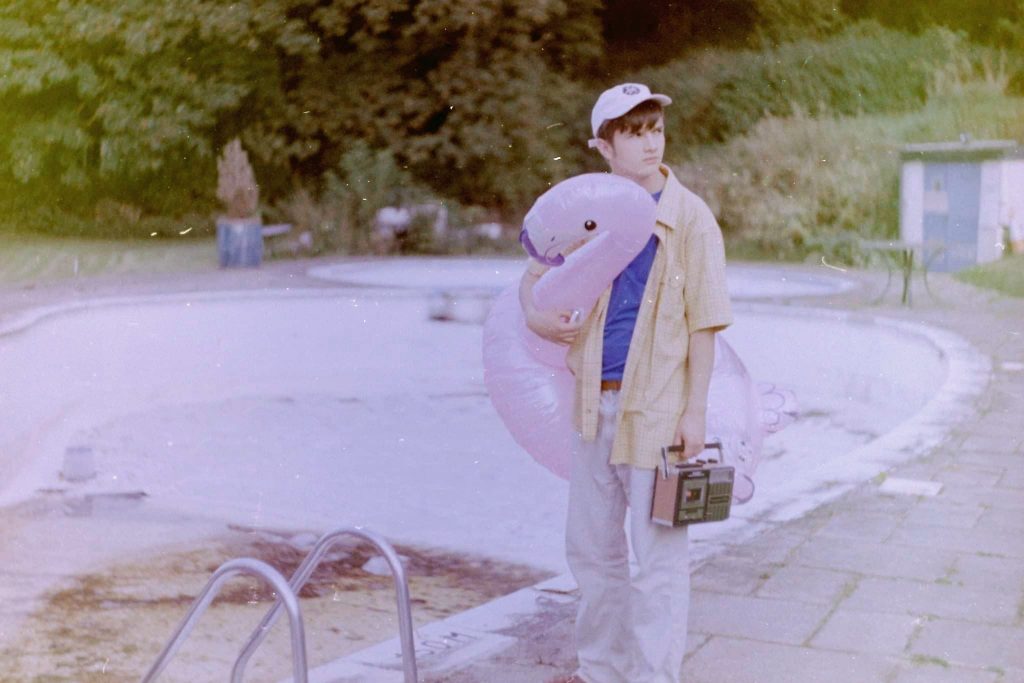
Do you think your motivation for making music is finding catharsis through regular practice?
I think it is cathartic, there are definitely moments where I feel like it’s the only thing that will console me. There’s something in sitting down every day and doing it, a catharsis you can evoke. I was writing a lot of stuff for a project this year and it’s way harder when there’s a deadline – you have to learn to do it even when you feel like you’re not in a place to do it. You have to take the time to make bad things, to be in a position to do things that don’t work.
Tell me about the collaboration you worked on over Easter.
Me and this little label, Beanie Tapes, which is based here and with which I’ve been working for about five years, decided to go to New York and do this project with two people whom I admire very much. I’m very excited about it, and although I can’t say too much about it now, it’ll probably happen near the end of the year. It was a big step up for me because I’ve only ever worked on my own, it was cool and difficult working with other people.
What are your ambitions after uni – where do you see yourself in, say, five years? Is there perhaps a specific image which would mean success to you?
Releasing something that I’m really happy with before I finish uni would be a big win, touring after uni would be really nice. Touring during uni is practically impossible, of course. I want to do this release and be happy with it and have other people listen to it and like it, because ultimately that’s why I make things. It’s not just for me. When writing a pop song, I’m conscious that people should dance to this, they should like this on a physical level. I think that’s what’s so great about pop music, it connects to people.
Touring seems important to you; I’ve seen you live and you’re really great. Nowadays, everything is often based online, so people aren’t performing as much in person, but is performance an integral aspect to you?
Live shows aren’t a necessity anymore, but I think they’re very important. There are so many bands whose record is fine but when you’re in the room it’s amazing. Visually, there’s so much you can do that you can’t do on a recording. I would rarely cry or tear up at a recording, but it happens not infrequently when I see a live performance. I’m much more reachable emotionally because it’s a physical thing, you’re in a space with other people, you can feel the bass. Again, if you don’t practise, if you don’t play lots of shows, then you’re not going to be good at them. I always write with live performance in mind, I don’t write with the computer or Logic open. The thing I like about the voice is the humanness you can hear in it. I like a lot of artists who kind of talk, Lou Reed and Daniel Johnston, it feels very direct. Autotune and heavy processing are also cool, but it becomes a different instrument, it adds something. In terms of production I really like lo-fi grain, there’s something performative about sounding gritty instead of trying to polish it which can sound flat.
Who would you say your biggest inspirations are? And when do you feel most inspired?
I think it’s mainly the sound of people enjoying themselves during a song that makes me want to be a musician. When you hear someone play or sing and you’re reminded you can do whatever you want it’s inspiring. In terms of concrete inspirations, I’m on a big seventies rock trip right now: Velvet Underground, Iggy Pop and others. I’m also getting more into experimental things, which are cool because of the freedom. Iggy Pop is so cool because he’s so swaggering – he’s almost not a real person because of how crazy he acts.
I think it was Tyler the Creator who said in an interview that all the best musicians he knows listen to so much music, they’re just obsessed by music. Do you think this is true?
I agree, but I don’t know whether I practise that. There’s a risk that it [Tyler’s comment] can sound like a requirement. But when you listen to a wide variety of stuff you get inspiration from outside of your ‘genre’, so if you’re making a particular kind of music, it can be really good to be inspired by music that seems completely different.
What kind of stuff are you listening to right now?
I’m listening to Dizzee Rascal’s first couple of albums, ‘Boy in Da Corner’ and ‘Tongue in Cheek’, and Skepta. Their production is really cool: Dizzee Rascal’s production is a bit of me, it’s really lo-fi and grainy. I also had a 100 gecs moment which didn’t last long but it was a nice time. Also, ambient composers who I found via Bandcamp. Emily A. Sprague did a really good album in which the songs are about 10 minutes long. They’re repetitive and kind of minimalist and there’s something in there about creating a mood and holding it, it’s such a masterclass in taking an idea and expanding it. Listening in that way is important and not just to be like ‘I wish I made that, I’m going to make my thing now’. It’s important to be ready to take concepts from other people and recognise that what you’re doing stands in relation to those other people.
Whose opinion do you value the most?
I value the opinion of Alex Kapranos, the lead singer of Franz Ferdinand. That’s not because I always agree with him, but because he seems to say things completely independently of public opinion. Also, I trust people who are really good musicians. I’m so glad I went to New York because I really trust my collaborators’ taste. We resonate with each other on a musical interest level and that makes me value their opinion a lot. So similarly, Ben, from Beanie Tapes, if I play something to him, I value his opinion because I know he’s thinking about whether he likes it and not because of other influences, in the same way that Alex is like “I’m going to chat about cheese now”. In an interview with Franz Ferdinand, Alex said that they just wanted to make songs for girls to dance to, which is such a great reason, it’s so nice to make stuff that you want other people to listen to.
This question is from an interview you re-posted on your Instagram: What do you like most in life?
That’s Lou Reed! It’s an interview with Australian TV and they ask him: “What do you like most in life?”, and he replies: “Everything”. “Is there anything you like better than others?”, “No”. There’s something so great about just being happy to be here. Maybe that’s a songwriting thing as well – really bad and really good emotions can both become very beautiful songs. It’s aliveness and feeling things and you get to make art out of them which is really joyful. A lot of the songs I write are in some way about growing up and figuring out who you are, what you are, what you wish you were. To an extent none of it matters, the songs you write don’t matter, but there’s something really nice about enjoying the futility of it all.
You grew up just outside Oxford. Did you find it an inspiring place to be?
A lot of people who lived here wrote fantasy novels and there’s something a little magical about it. Living here before university, I never went inside any of the university buildings so the thing I associate most with Oxford is the community of people here, the music scene, Divine Schism and the network of people who go to gigs and play at gigs, it feels very connected and that’s how I have found it inspiring. For instance, Divine Schism’s PA equipment got stolen and they needed to raise some money. Within less than twenty-four hours they raised five to six thousand quid, that’s how ready people are to support the local community. Divine Schism is not about ambition at all, it’s about doing something because you enjoy it right now. It’s nice when people make music for the sake of it.
Has Divine Schism been instrumental in building your career?
Definitely. I met Beanie Tapes at an all-day convention about Nightshift magazine which is the local community music magazine and that would’ve never happened if it hadn’t been for the local circuit. I probably started playing live music because my sister was in a band called Self Help who were playing shows with Divine Schism. The main thing it showed me is that anyone can do it. There’s something about the dynamics of a stage that makes the performer look kind of godly, and that can feed into the idea that music’s not for everyone, but what’s so cool about Divine Schism is that it demystifies the process. It’s not this magical thing that you do or don’t have, it’s something that people do because they enjoy it, practise it, and get better. It’s just ideas and everyone has ideas, that’s why I don’t like the word ‘creative’ as a noun. The implication is that you’re creative and there’s some people who aren’t, what does that even mean?
Does it tie into the philosophy of liking everything because it’s there – it might not be the best thing you’ve ever heard, but it’s cool that it exists?
It’s cool that anything exists, especially art-wise. It’s cool that people make things that they like and share them. I don’t want to be like ‘Oh the power of music’, but I’m a big fan of the power of events like Divine Schism gigs, which bring people together.
Is listening to music a bit like reading fiction? You immerse yourself in a different world in an empathetic way?
To an extent, it doesn’t really matter how good the music is. One of the things that jars me at live shows is not necessarily when the person performing is not good, but when they’re not convinced of what they’re doing. The whole point is to get immersed, I want to be taken on a kind of journey, to trust the person. What I really enjoy about Björk is that she writes lyrics that nobody else could pull off and she rocks it because she has complete confidence in what she’s doing. I like confidence, I think we should have more of it.
Thanks so much, Max! Any final thoughts?
I always write music in the context of playing it to other people but I’m also very aware that some people do it purely for themselves and I totally respect that. Sometimes people are like “I wrote this song” and I’m like “Play it, release it!”. But I forget that not everyone wants to do that, that’s not who everyone is. That’s everything. 100% conviction, fight you to the death, everything is right.
Interview by Flora Bigham.


